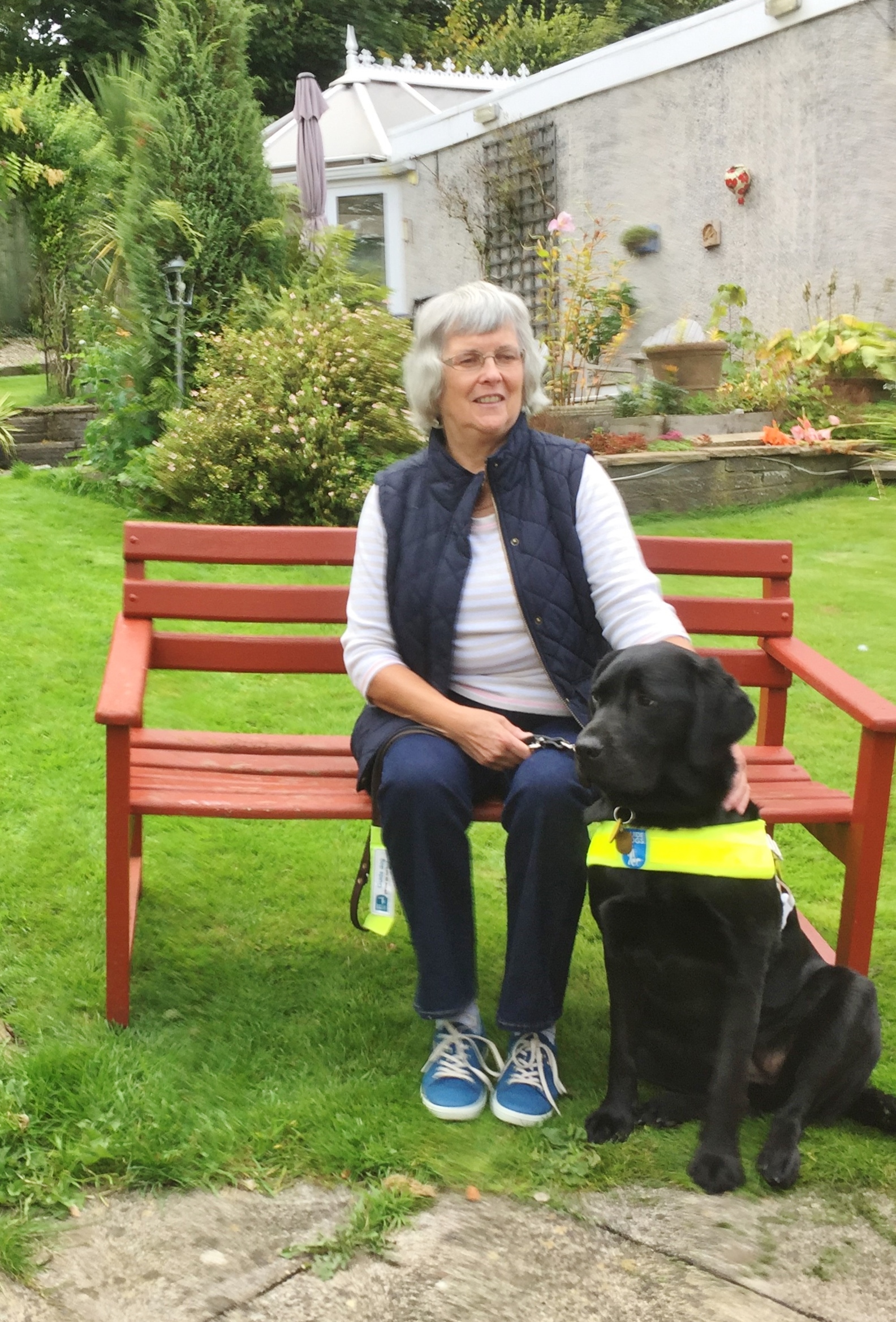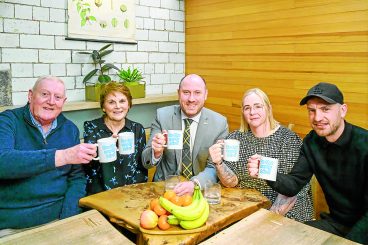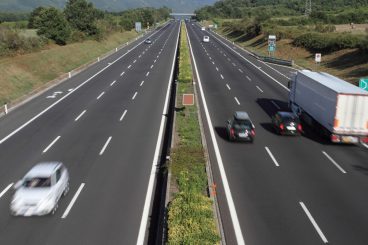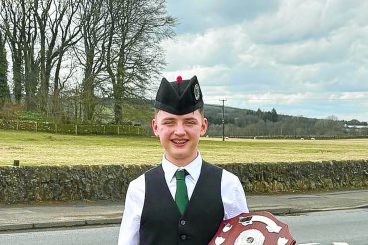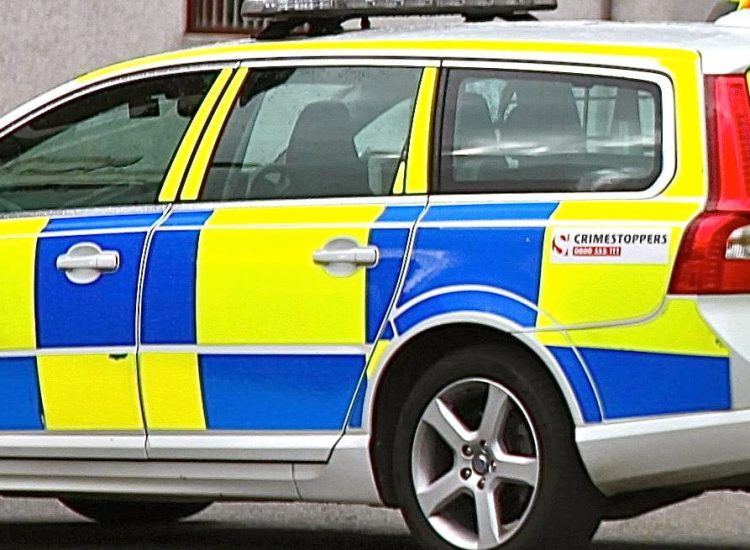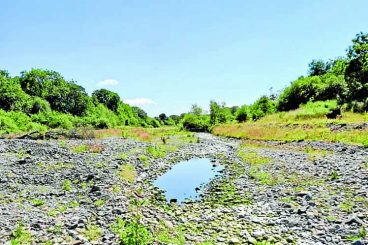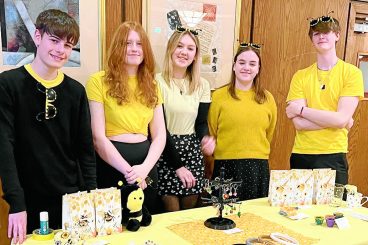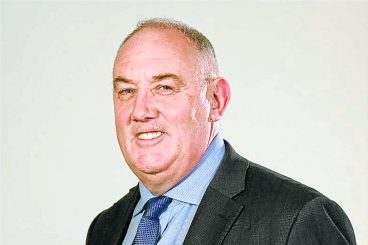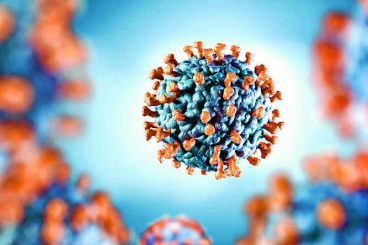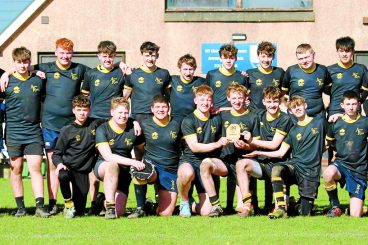Charlotte Bennie from Newton Stewart spoke out ahead of Rare Disease Day next week, which aims to raise awareness of conditions which affect less than one in 2000 people.
She has an eye condition called gyrate atrophy, which affects the choroid and the retina. She said: “I can see things moving, but I’m not quite sure what they are. My vision varies from day to day and can be affected by factors such as fatigue, lighting or stress.”
Charlotte was learning how to use the long cane in 1996 when she considered applying for a guide dog, and was partnered with her first dog Hovis in 1997. She has recently been matched with her fourth guide dog Christie, and said: “A dog is faster than the cane and it’s a more natural way of walking. I think people find you more approachable with the dog, and it helps break down barriers.”
Charlotte can often be found delivering talks about the work of Guide Dogs to local groups. She also enjoys going to the cinema, much to the surprise of others. She said: “With audio description, the cinema experience is almost what it is when sighted. Actually, perhaps it’s better as the audio description indicates important things going on in the background, and names most of the characters.”
She acknowledges that she wouldn’t have had any of her guide dogs had it not been for the hard work and dedication of the volunteer puppy walkers, who raise guide dog puppies for a year and undertake their initial training. Charlotte said: “I’ve always keep in touch with the people who raised my guide dogs as pups by sending an update about how the dog is getting on or a Christmas card.”
Guide Dogs is currently appealing for volunteer puppy walkers in areas of Dumfriesshire and Wigtownshire.
Karyn McCarthy, who is the new puppy walking supervisor in the area, said: “Puppy walkers provide the full-time care and education of puppies until they are between 12 and 15 months old and ready to go to Guide Dog Training School.
“Volunteers will need to be home for the majority of the day and be able to take their puppy into many varied environments, have access to a car and a securely fenced garden.
“The role requires hard work and dedication but it is extremely rewarding, and our volunteers will receive full training and plenty of support from our staff.”
To find out more, go to www.guidedogs.org.uk/volunteer or contact the Glasgow Mobility Team on 0118 983 8123.





